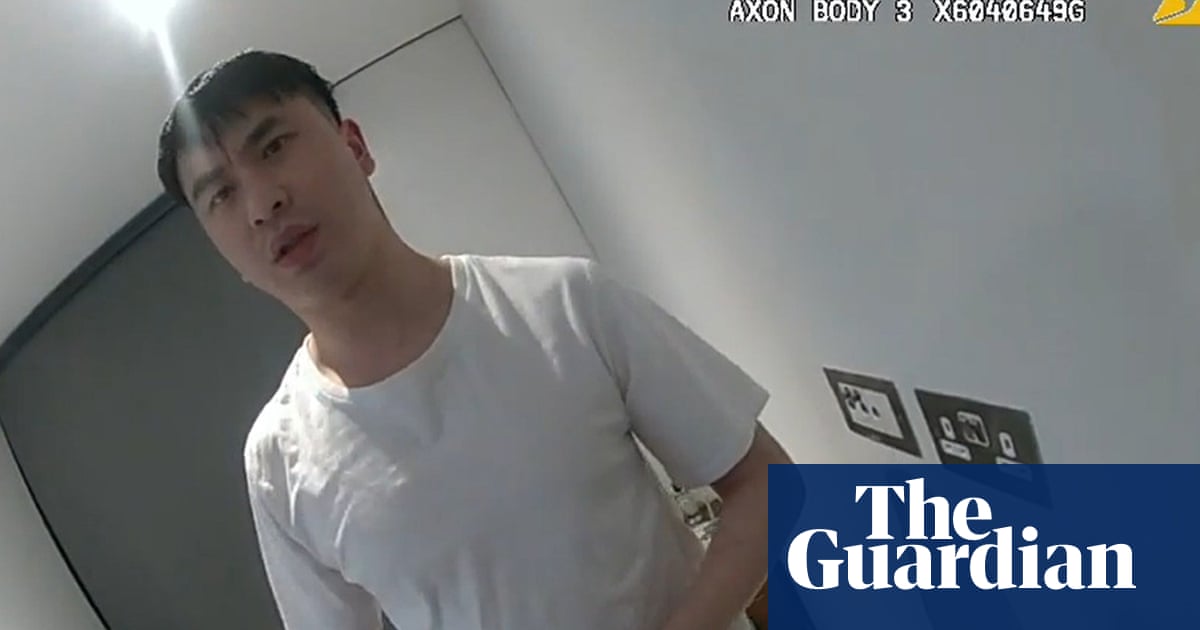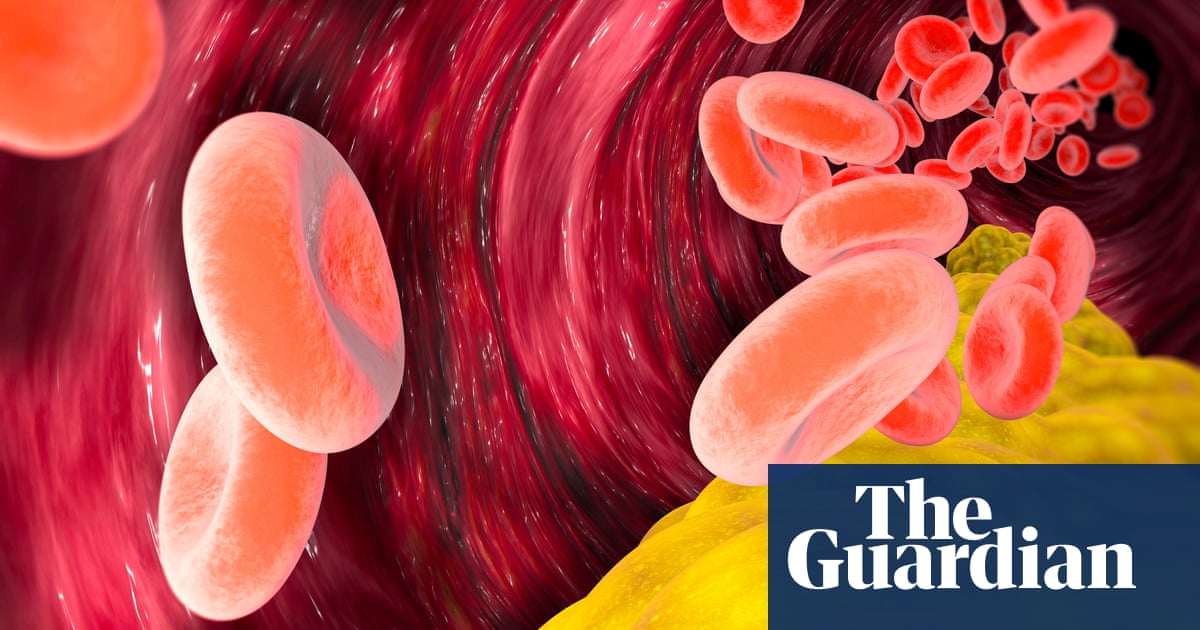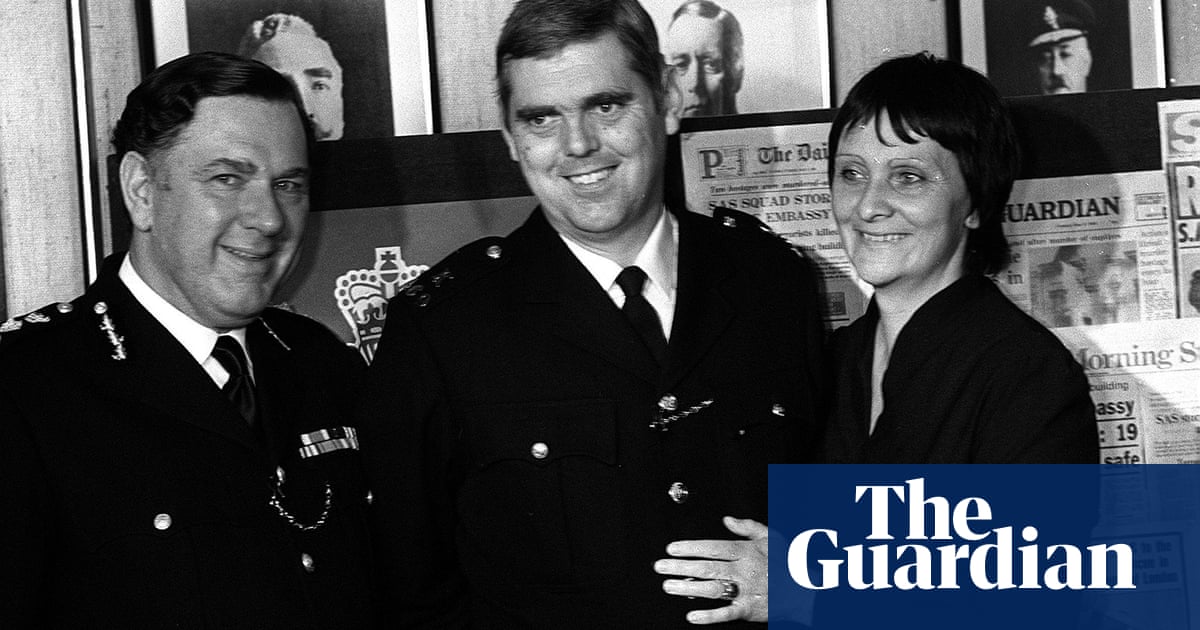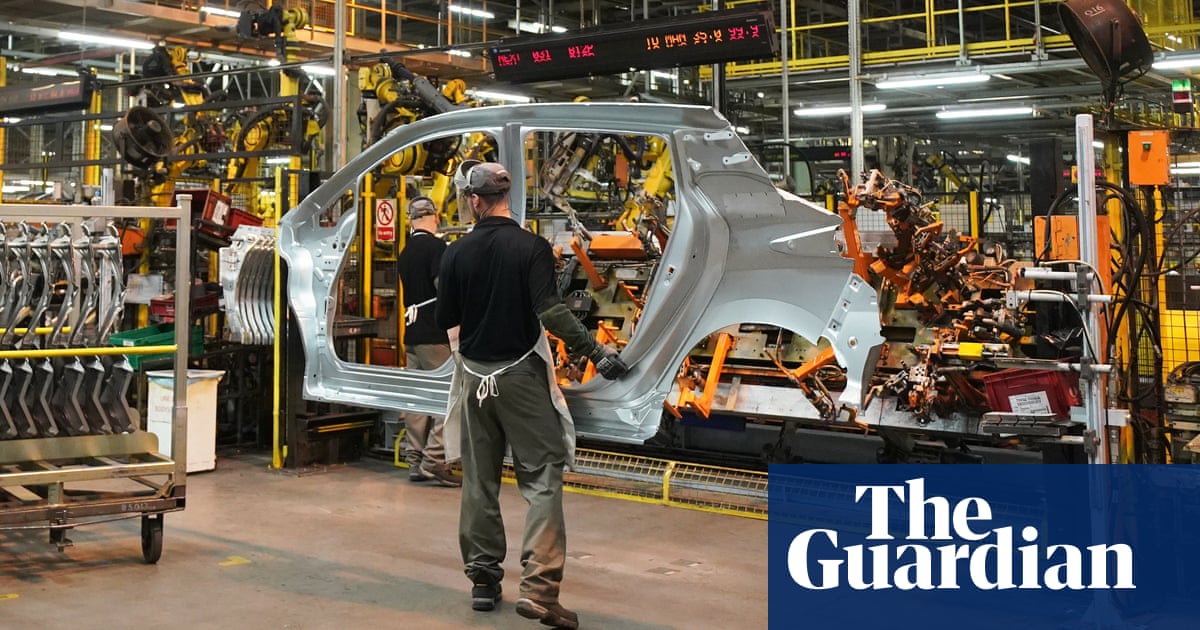Ministers have cut millions of pounds of funding for potentially life saving AI cancer technology in England, which cancer experts warn will increase waiting times and could cause more patients to die.
Contouring is used in radiotherapy to ensure treatment is as effective and safe as possible. The tumour and normal tissue is “mapped” or contoured on to medical scans, to ensure the radiation targets the cancer while minimising damage to healthy tissues and organs.
Normally, this is a slow, manual process that can take doctors between 20 and 150 minutes to complete. AI auto-contouring takes less than five minutes and costs around £10-£15 per patient.
Research shows that AI contouring can cut waits for radiotherapy by more than five days for breast cancer patients, up to nine days for prostate cancer patients and three days for lung cancer patients.
In May 2024, the Conservative government announced £15.5m over three years to fund AI auto-contouring for all hospitals providing radiotherapy. Work continued on the scheme after the general election, with online webinars and follow-up calls for radiotherapy departments held in September.
The 51 trusts offering radiotherapy continued to work on installing the cloud-based technology, with a number using it early, in the belief the funding was secured.
But in February, in an email seen by the Guardian, Nicola McCulloch, the deputy director of specialised commissioning at NHS England, said the funding had been cancelled “due to a need to further prioritise limited investment”. There would no longer be a centrally funded programme to support implementation of the technology, she said.
The decision means many radiotherapy departments face a return to manual contouring, prompting accusations that the government is ditching digital and going back to analogue cancer care.
Analysis by Radiotherapy UK has calculated that removing funding for AI contouring in England will add up to 500,000 extra days to waiting lists for breast, prostate and lung cancer alone and leave each of the 51 trusts with a £300,000 shortfall.
Waiting lists for radiotherapy are already long. Figures show that in January, 60% of cancer patients waiting to begin radiation treatment, nearly 1,000 people, waited longer than two months, and 23% waited more than 104 days.
The chair of Radiotherapy UK, Prof Pat Price, said: “The government cannot laud the advent of AI in one breath, and allow this to happen. Far from moving from an analogue to digital NHS, when it comes to radiotherapy it feels like the opposite is happening. This wrong-footed decision will exacerbate the impact of severe staff shortages.”
The leading oncologist urged ministers to intervene. “Some departments are so short-handed that they’re shutting machines down because no one is there to operate them and nationally, radiotherapy vacancy rates are running at 8%. This investment in AI could have alleviated some of these pressures. Without it, cancer patients will wait longer than necessary for treatment, potentially costing their lives.”
Clive Peedell, a consultant clinical oncologist at South Tees Hospitals NHS foundation trust, said: “This is a really catastrophic mistake. Half of all cancer patients will need radiotherapy at some point during the course of their treatment. Labour is supposed to be the party of the NHS, but instead it is going against innovation in cancer care.
“To just turn the tap off is ridiculous. We’ve had a big increase in cases, but we are managing our workloads because AI is helping us. If we can’t get the funding to keep using it, we’ll have to go back to planning treatment by hand. So we’ll probably have to employ more staff or have much longer waiting lists because of this terrible decision.”
Jane Richards (not her real name), a manager working in radiotherapy services, said the decision to pull funding for AI contouring felt like a betrayal. Her area had implemented the technology already, believing the funding from NHS England was assured.
“Every time I see Keir Starmer or Wes Streeting talking about the importance of AI, I get frustrated,” she said. “We’re not talking about the future of a technology, we’re talking about something that we are making use of in the here and now and we are demonstrating has an impact, yet we don’t have central funding for it.
“So I feel incredibly angry. If you can only fit two patients into one manual radiotherapy planning clinic instead of four using AI contouring, and you’ve got four patients coming in each week, waiting lists are going to grow exponentially. And if they face longer waits, their prognosis will be worse.”
Spencer Goodman, a professional officer for radiotherapy at the Society of Radiographers, said: “Radiographers recognise AI’s potential to improve patient care efficiency. Withdrawing funding for AI technologies that help define radiation fields in radiotherapy is a step backward. Given the current workforce shortage, proven AI tools can help streamline processes and enable faster, more accurate patient treatment, benefiting both providers and patients.”
A spokesperson for the Department of Health said “funding has not been cut”, but did not refer directly to the AI contouring funding decision. “This government is investing £70m in radiotherapy over the next year to replace old machines, so that patients can access the latest technology available.”
They said AI was already being used in various areas of healthcare, including breast cancer diagnosis, and that the government’s national cancer plan was aimed at improving prevention, diagnosis, treatment and research.

 1 day ago
8
1 day ago
8













































